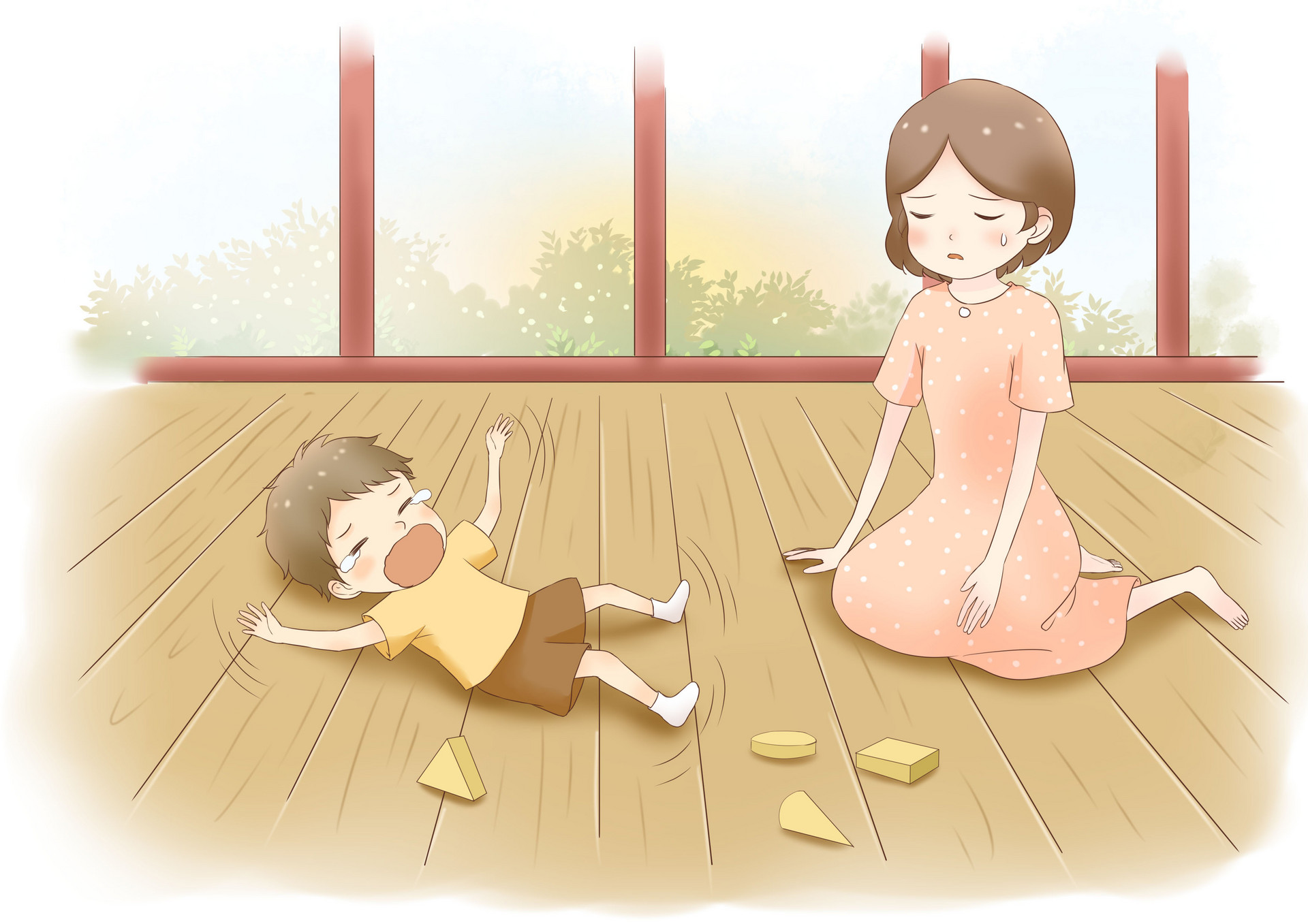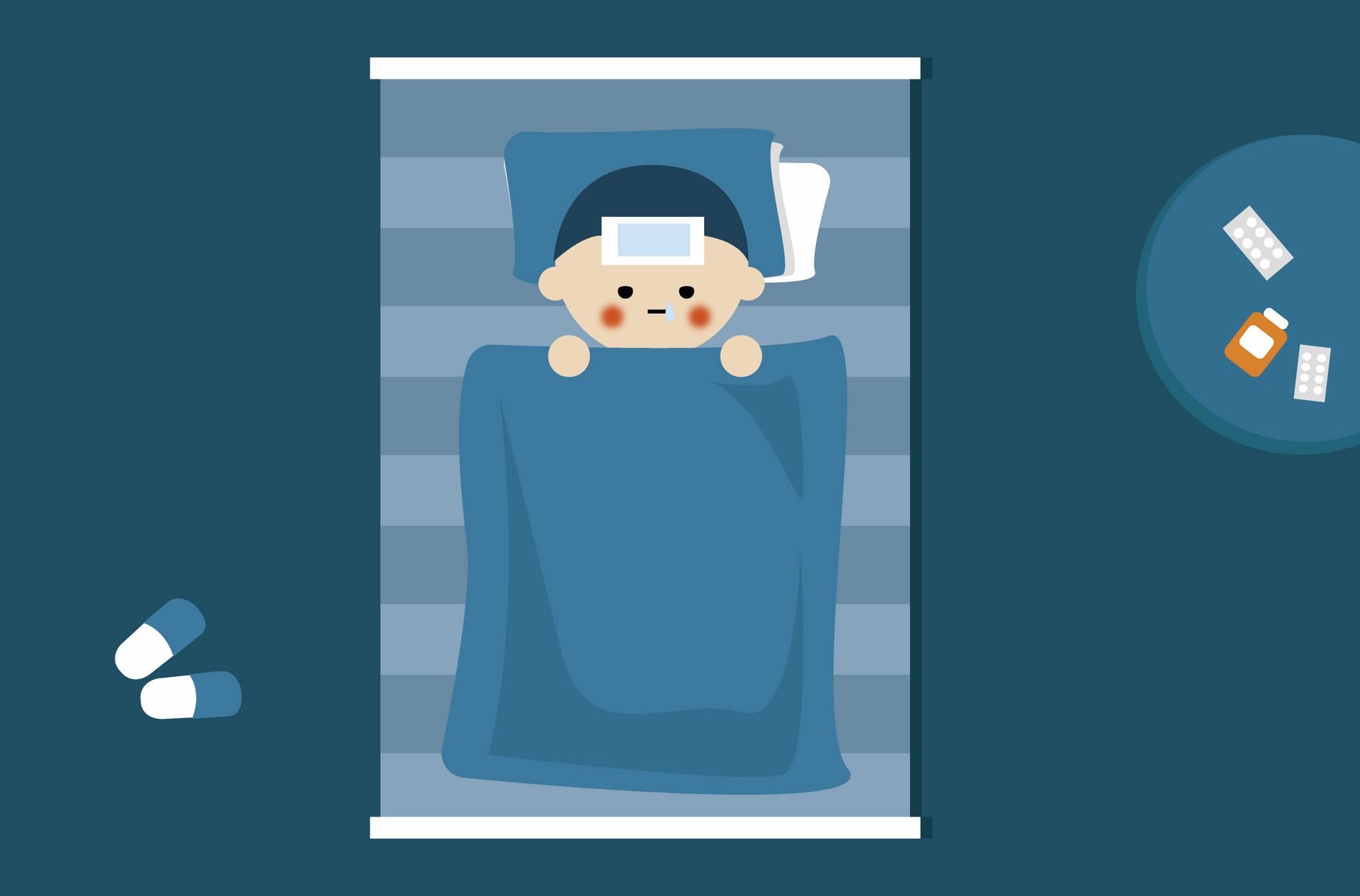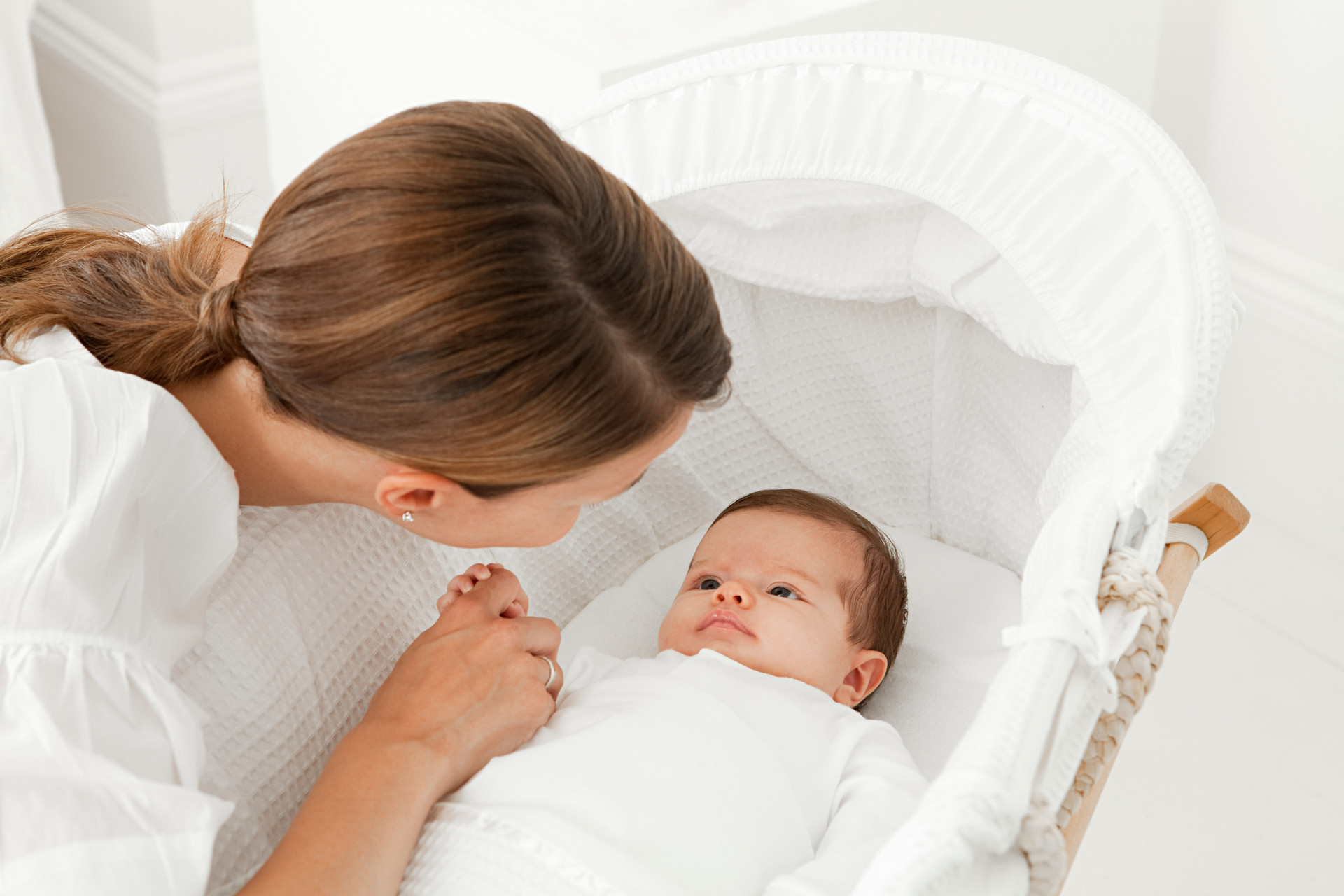Hand, foot and mouth disease is a common childhood illness that is highly contagious and spreads quickly. Therefore, once parents discover that their infants or young children have this disease, they must take precautions to prevent its transmission. So how can parents and children in our daily lives prevent the spread of hand, foot and mouth disease?
Children's precautions:
1. Eat cooked food: First, try to avoid giving children raw water or eating raw and cold food. Leftover food should be thoroughly heated before consumption. Pay attention to the nutrition and rest of infants and young children, avoid exposure to sunlight, prevent excessive fatigue, and reduce the body's resistance.
2. Wash hands frequently: During the epidemic, do not take children to crowded places with poor air circulation, and avoid contact with sick children. Children should thoroughly wash their hands with soap or hand sanitizer before and after meals and after going out. Brush teeth, rinse mouth, and take regular baths.
3. Drink boiled water: Baby bottles and pacifiers used by infants and young children should be thoroughly cleaned before and after use. Utensils should be washed with running water and boiled frequently.
4. Ventilate more: Open windows for ventilation at home and frequently air out clothes and blankets.
Parent's precautions:
1. Although adults do not get sick, they can become carriers after coming into contact with the virus and pass it on to their children. In addition, adults can bring viruses from the external environment back home, especially those who work in hospitals, childcare institutions, or crowded public places. Therefore, adults should also pay attention to personal hygiene and avoid becoming the source of infection in the family.
2. After contact with patients, before touching the eyes, mouth, or nose, after sneezing or coughing, after using the toilet, before and after wearing a mask, after touching public facilities such as handrails, doorknobs, elevator buttons, public telephones, and after coming home from outside, hands should be washed in a timely manner.
3. Caregivers of sick children should wash their hands before touching children, changing diapers for young children, and handling feces, and properly dispose of contaminated materials.
The author suggests that if childcare providers, teachers, and other staff members have a fever accompanied by a rash, they should immediately stop working, stay away from children, and avoid infecting them.












